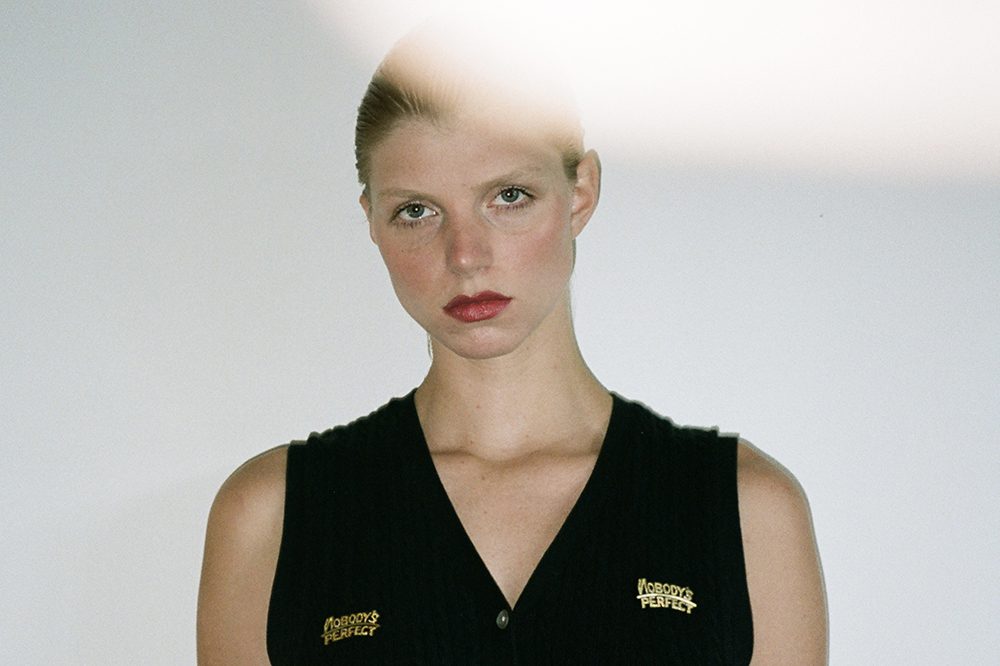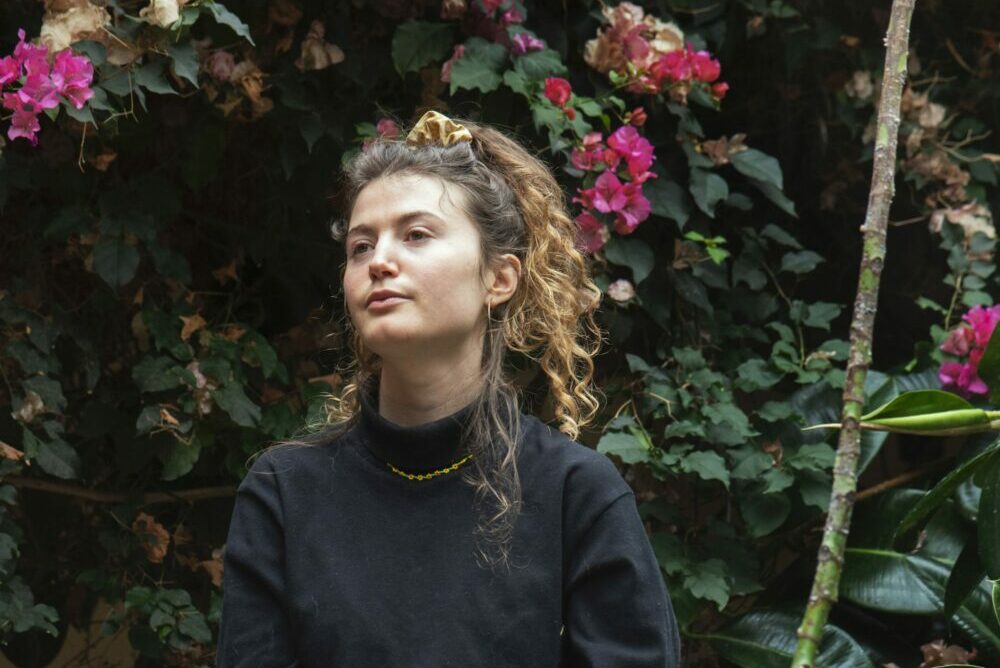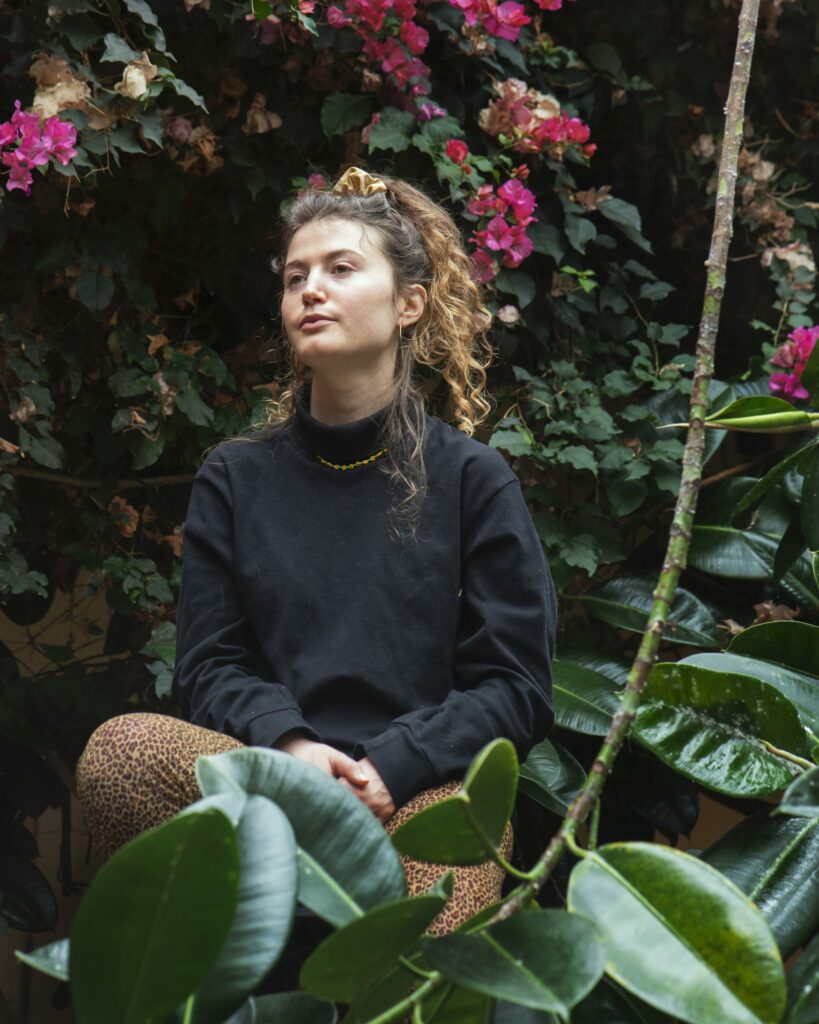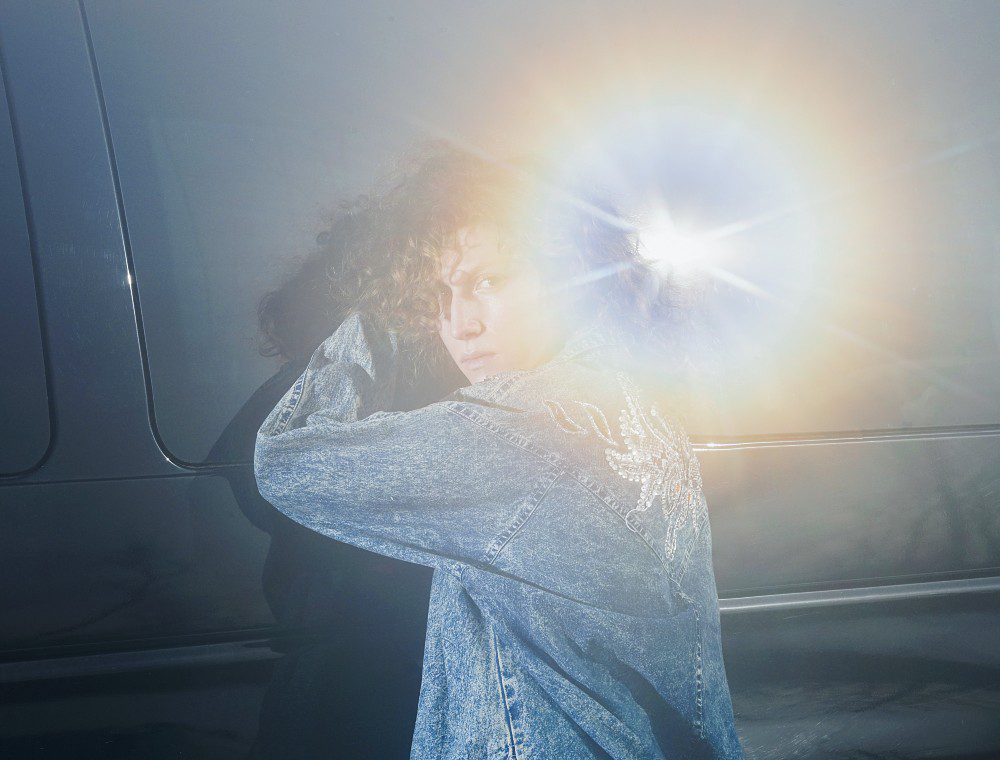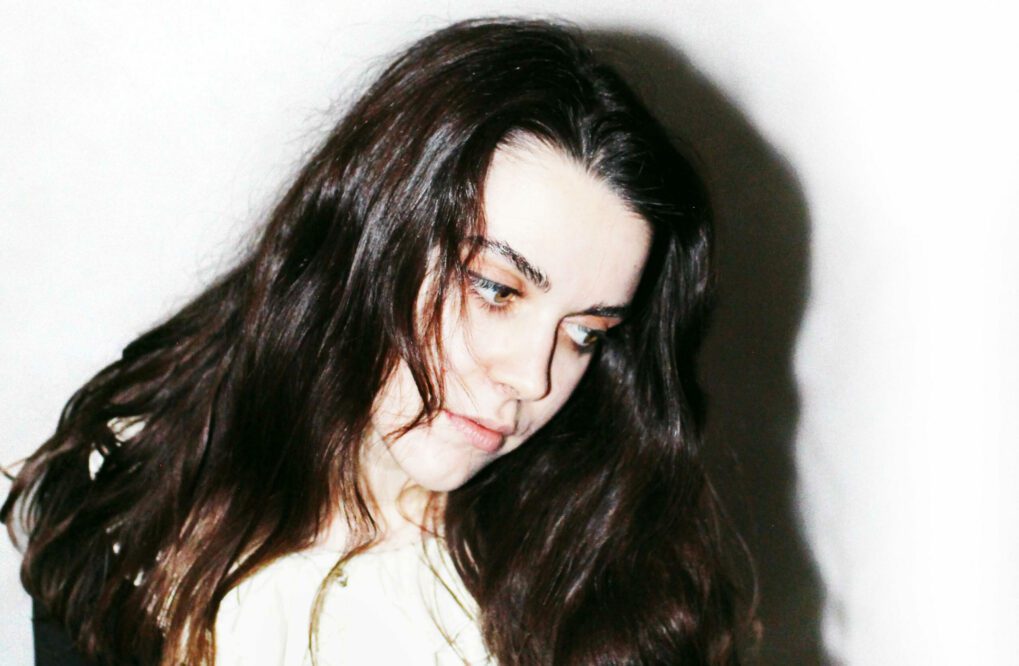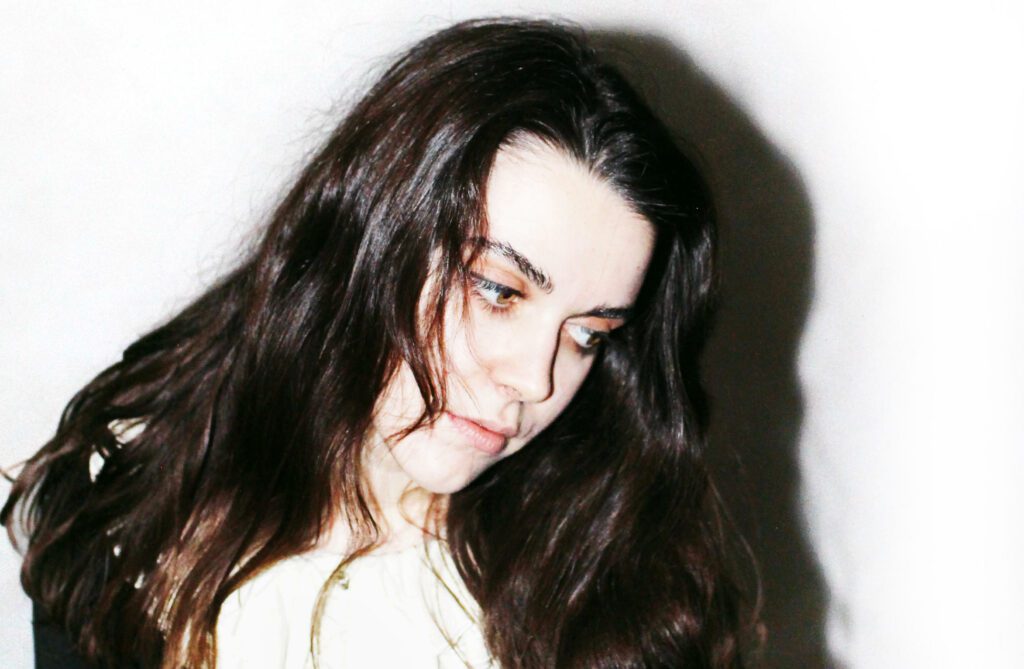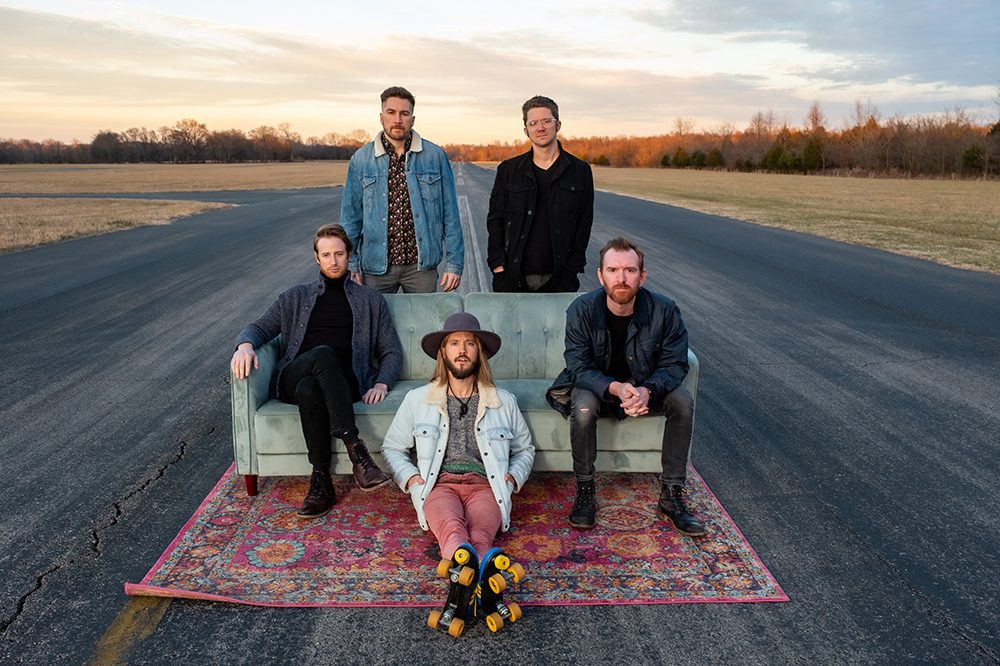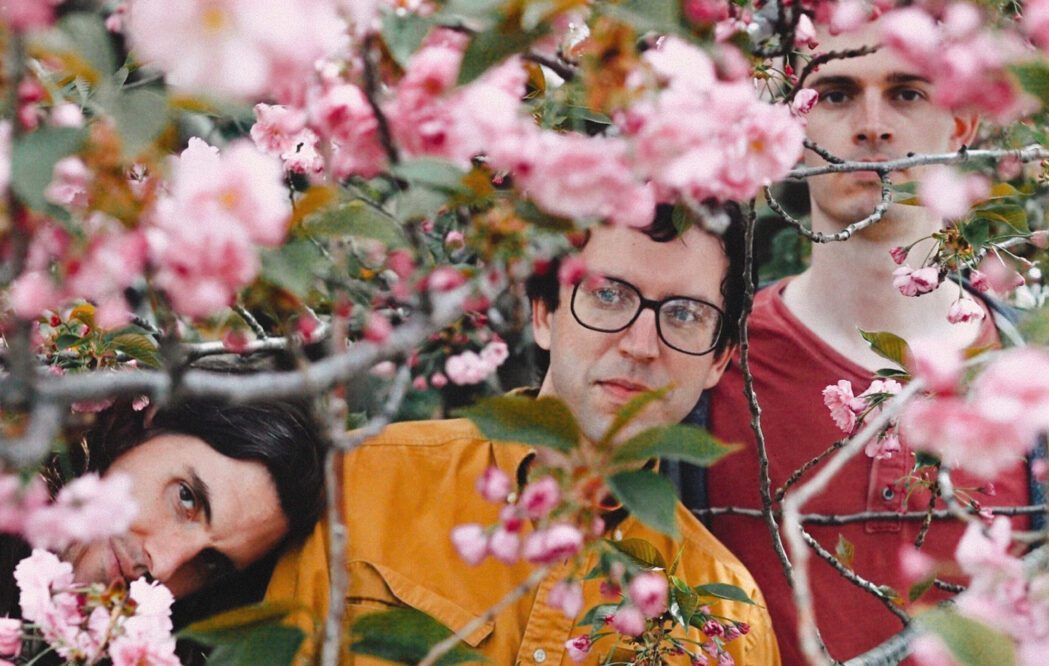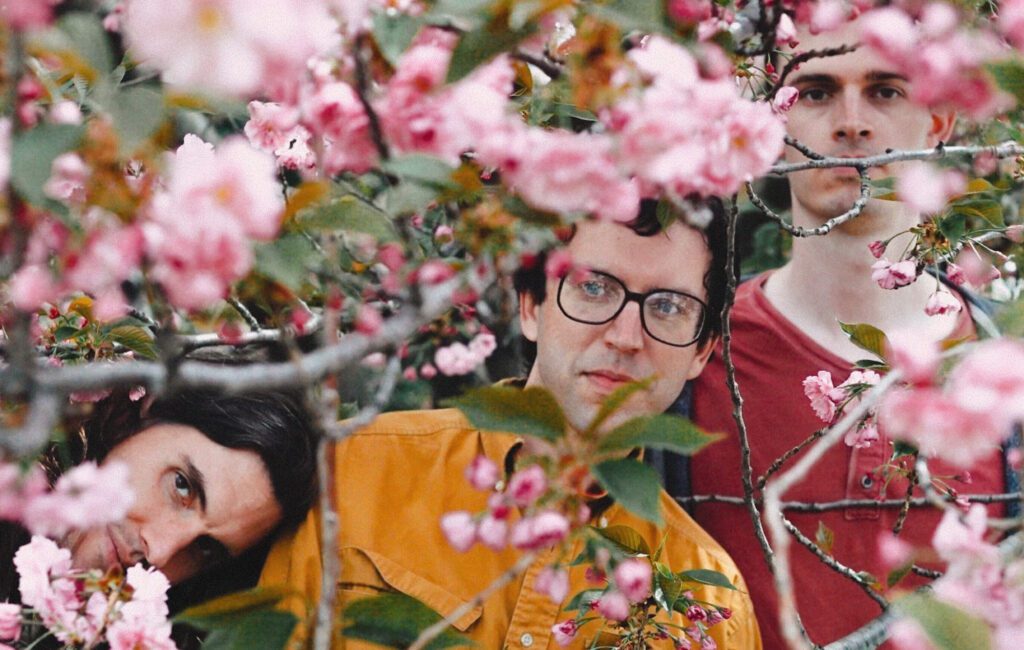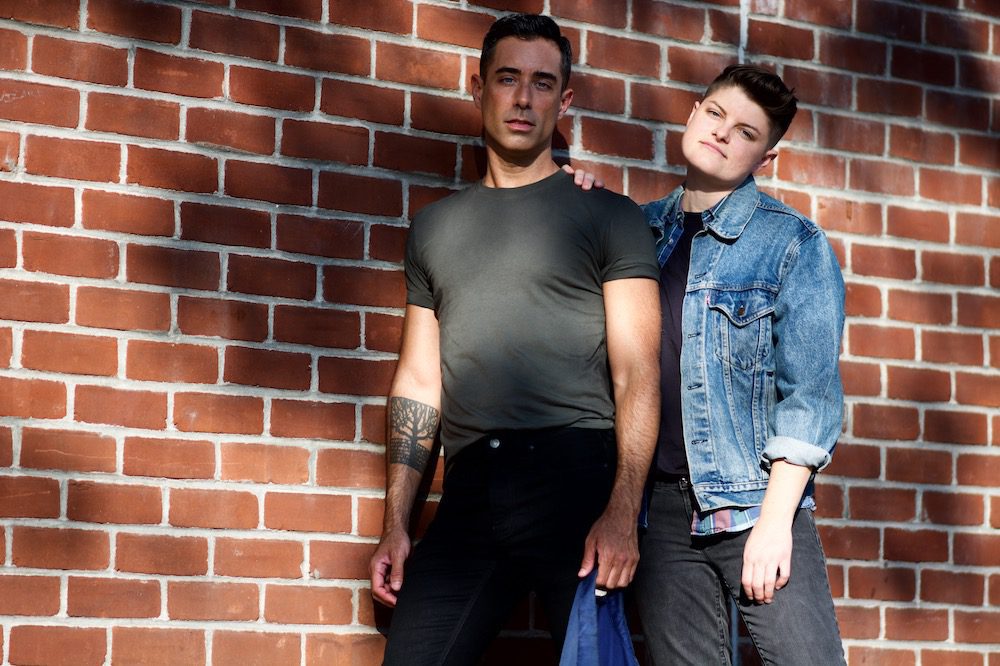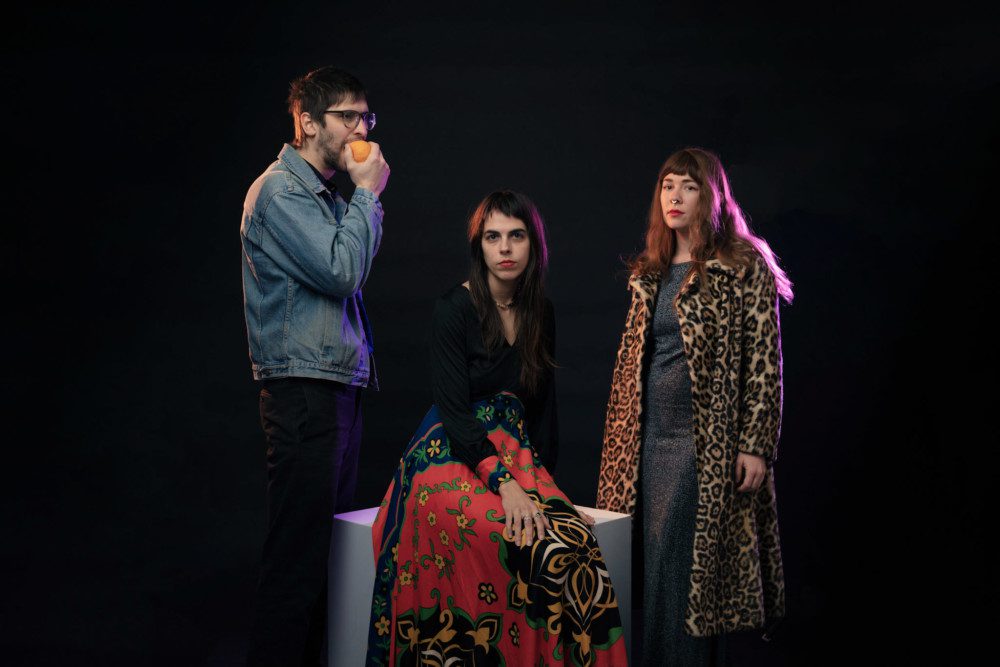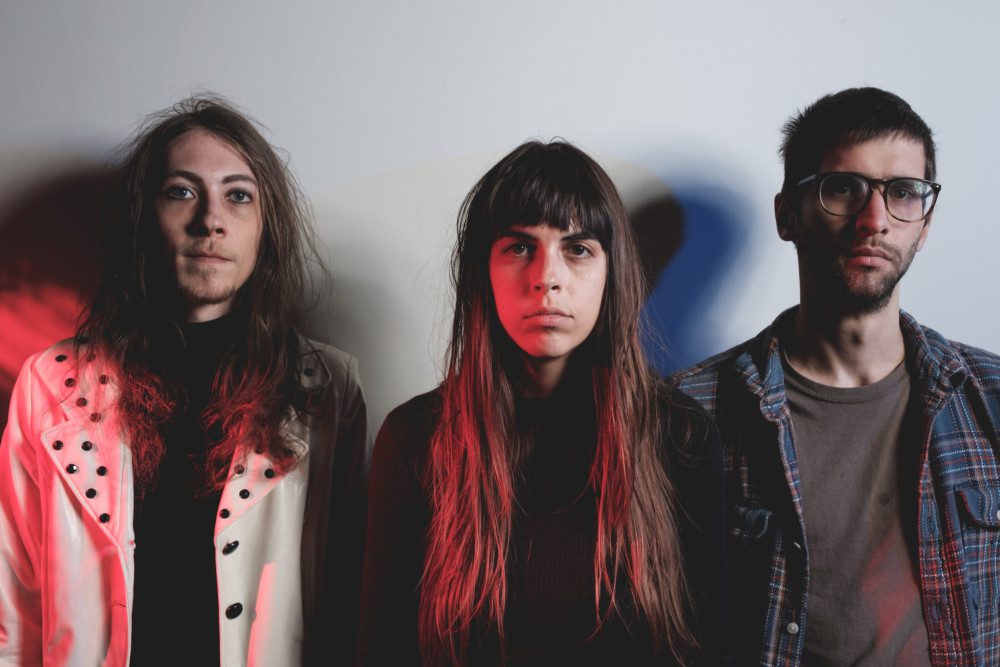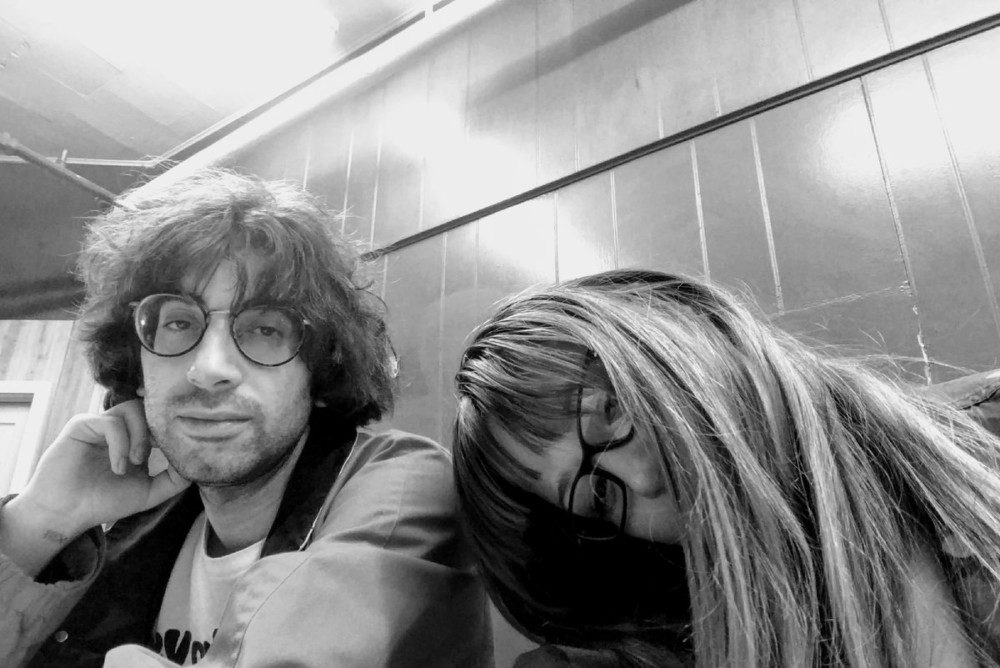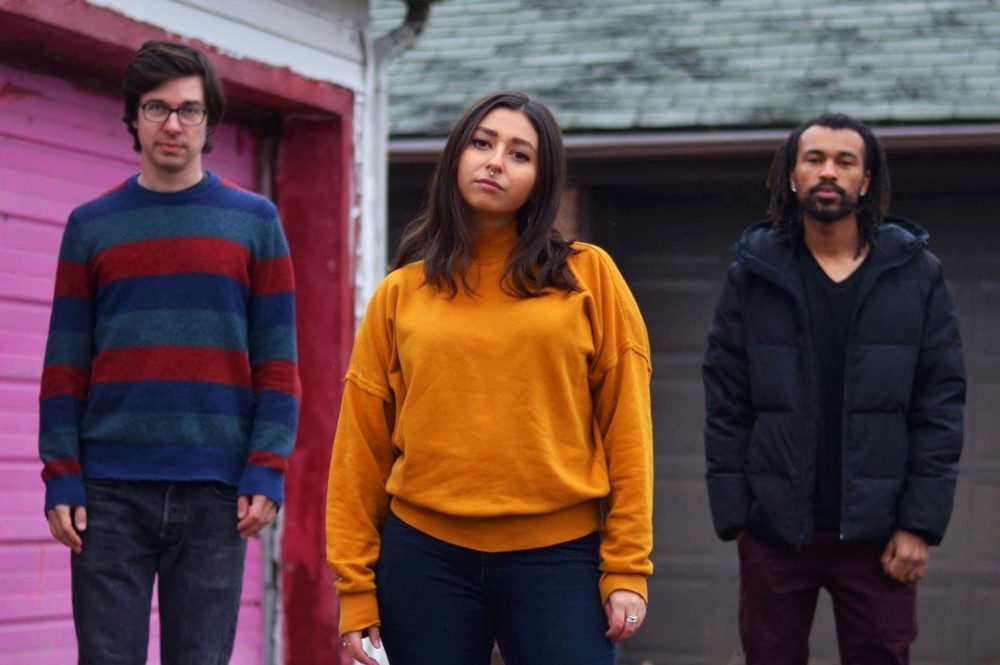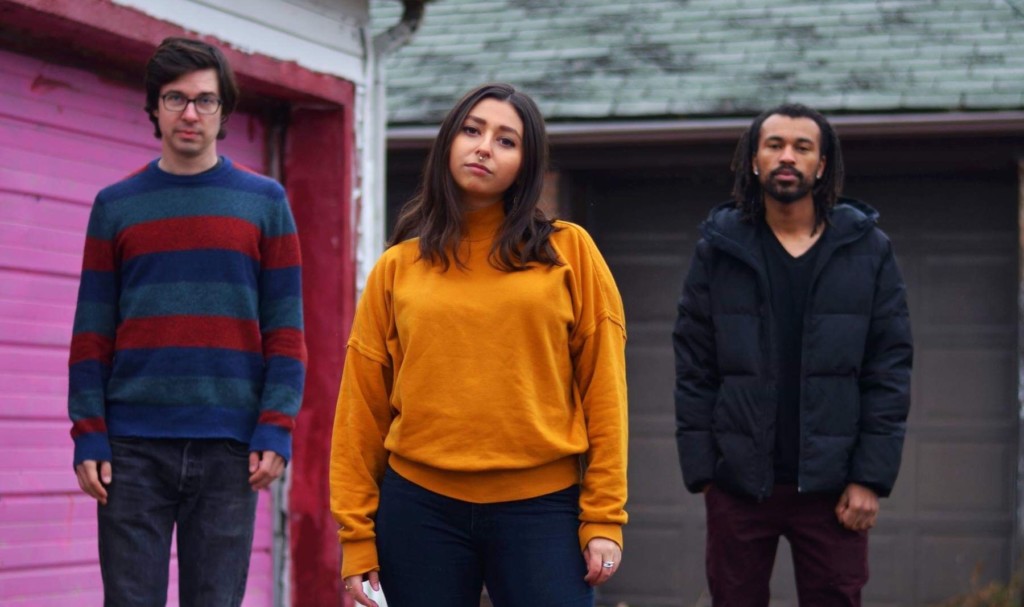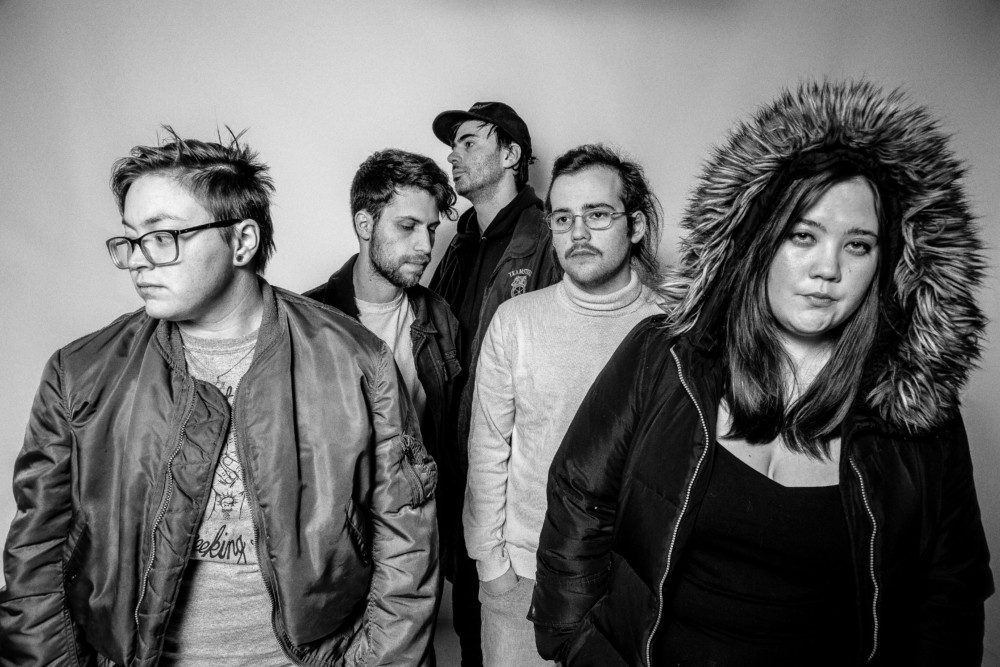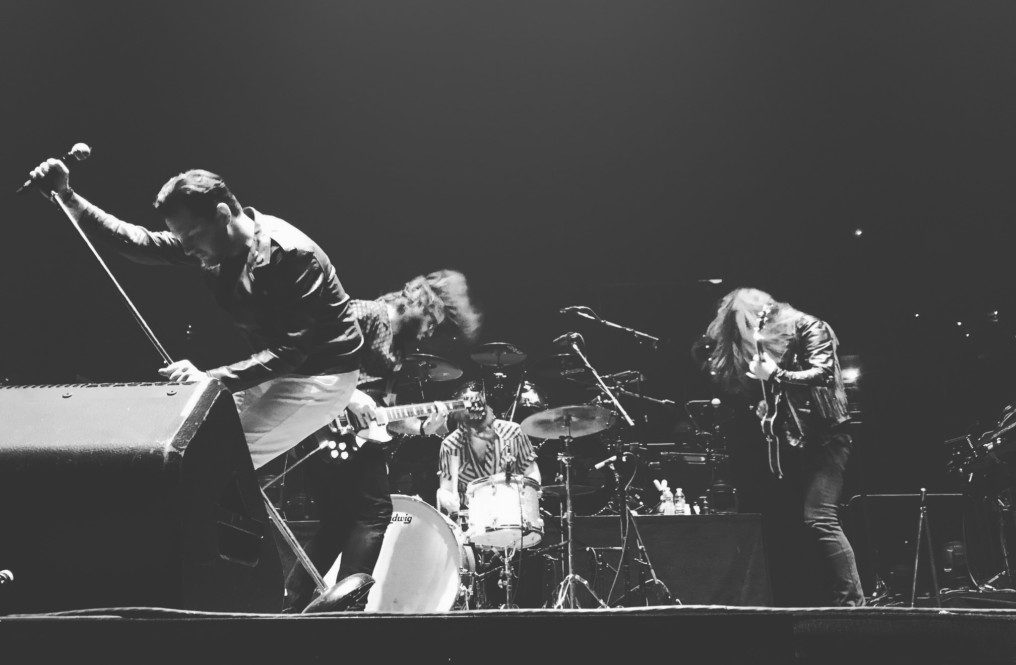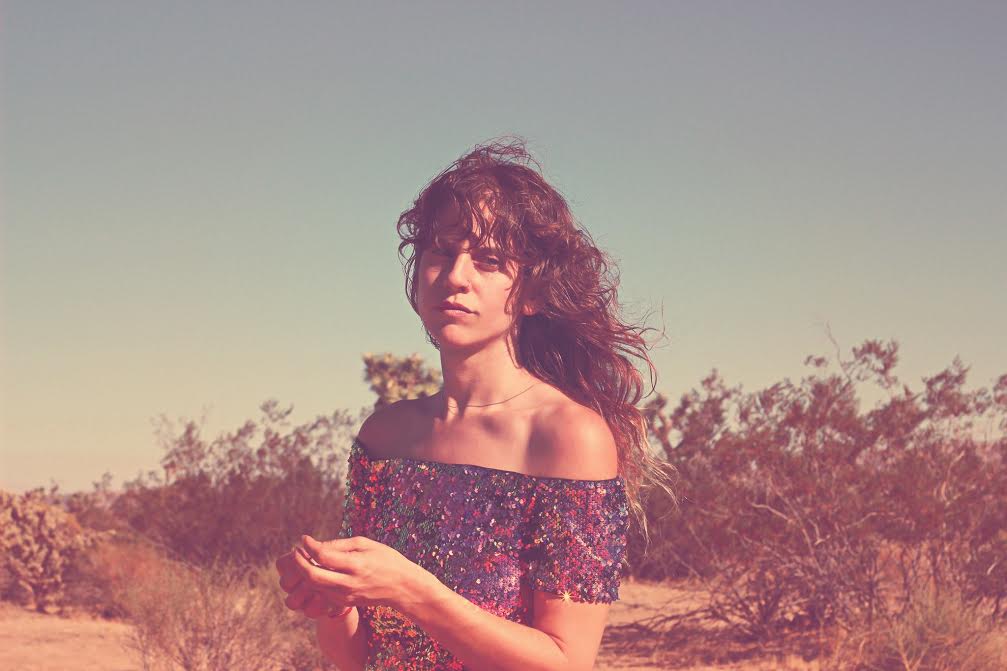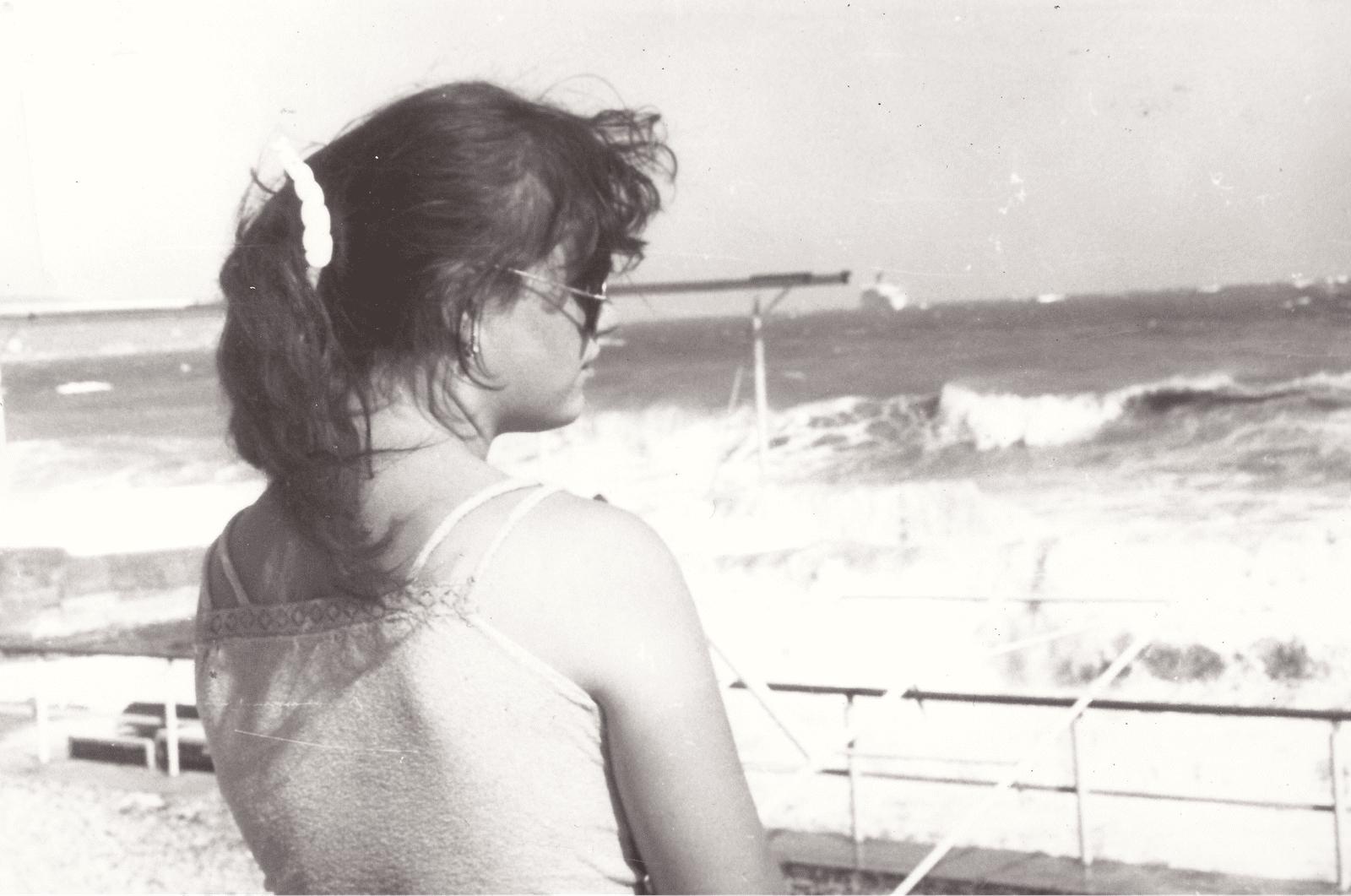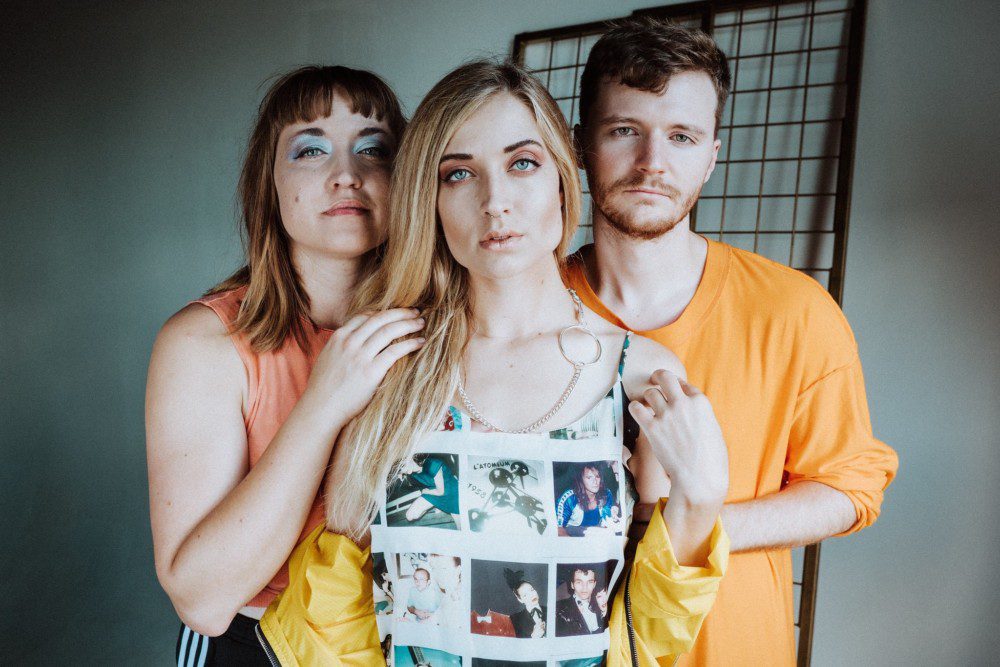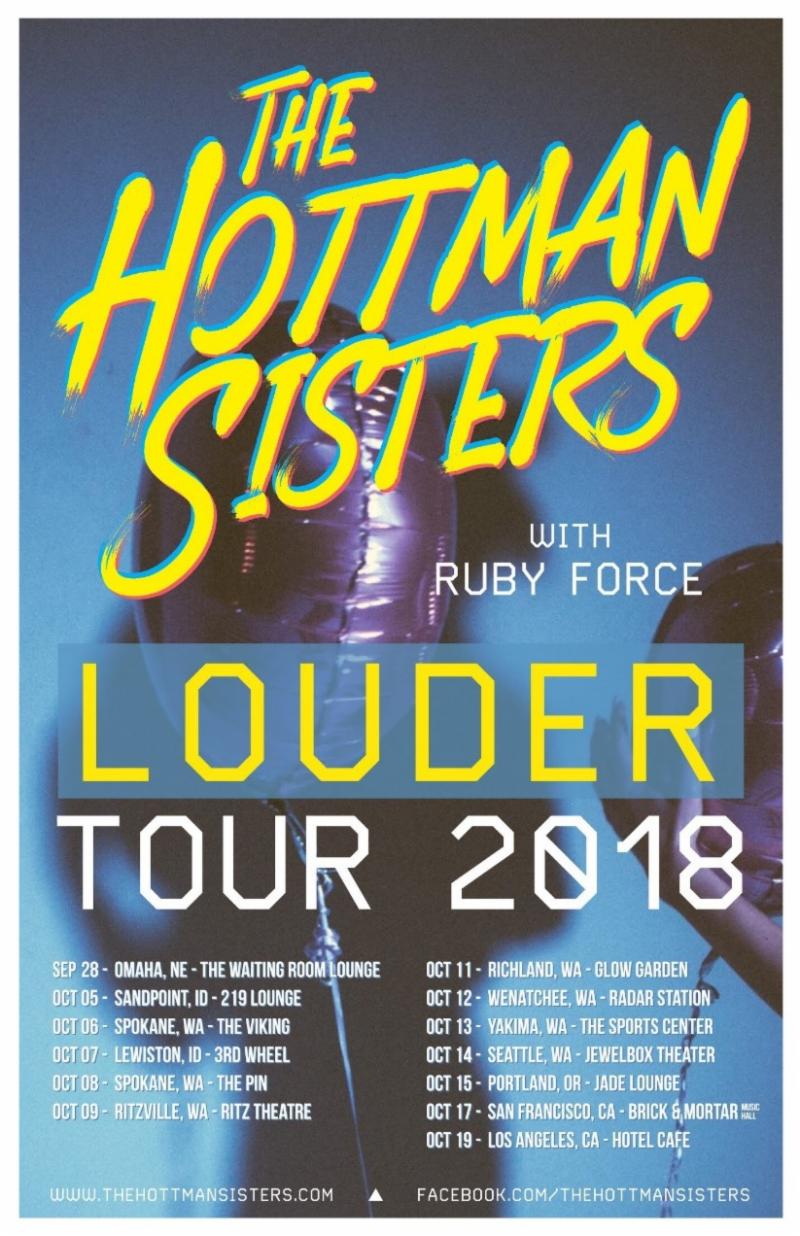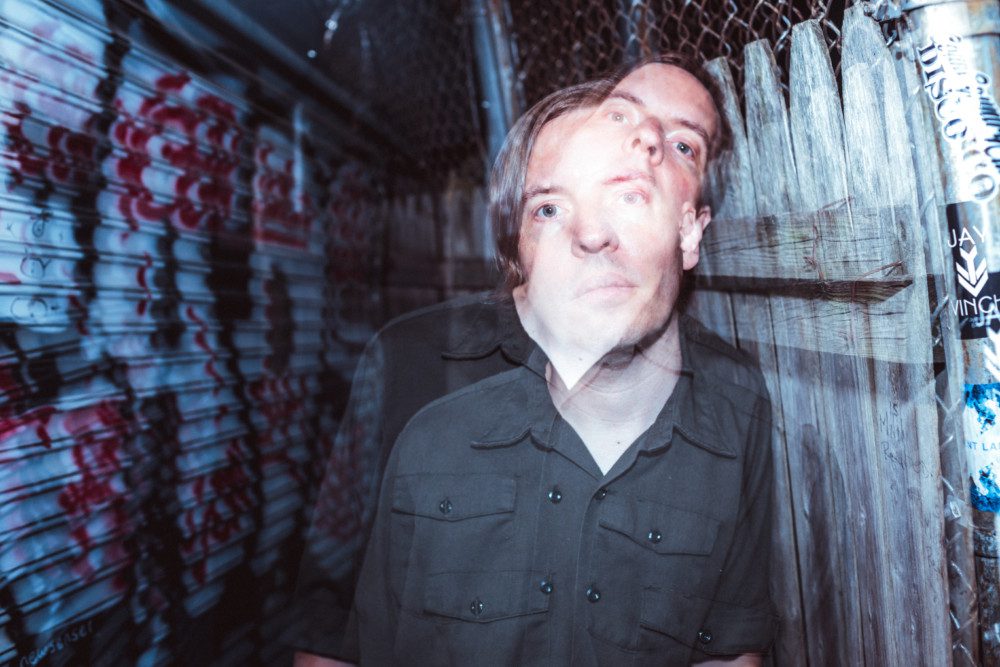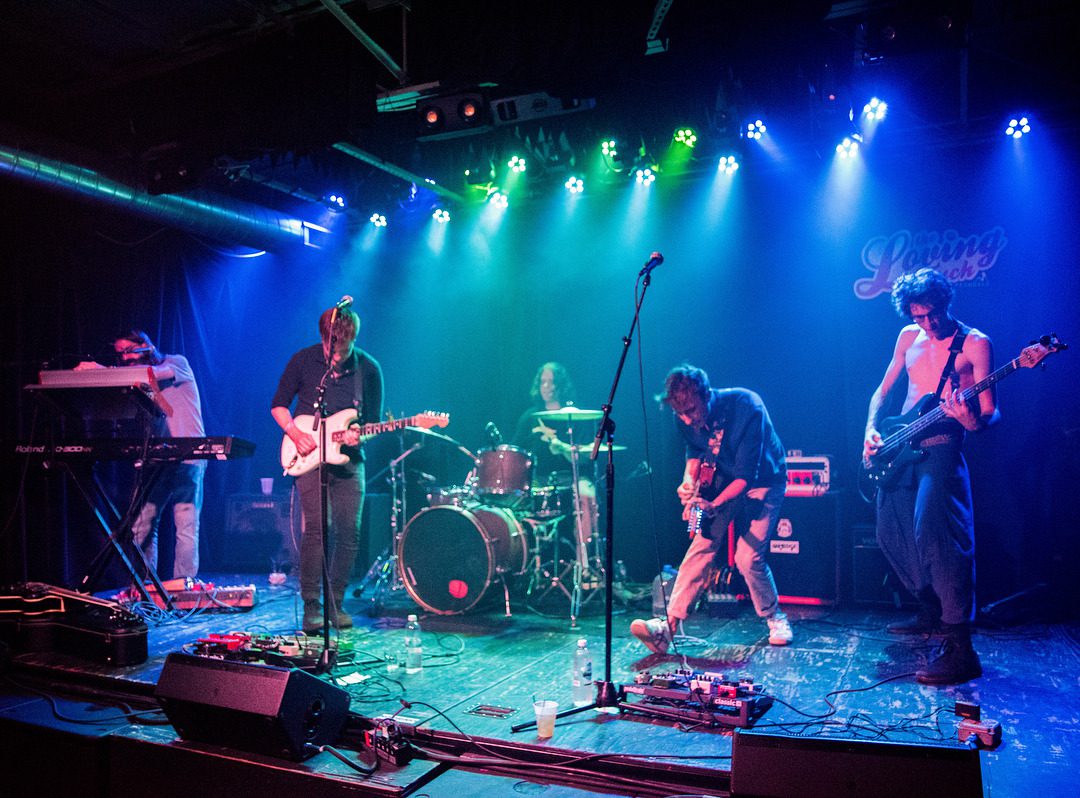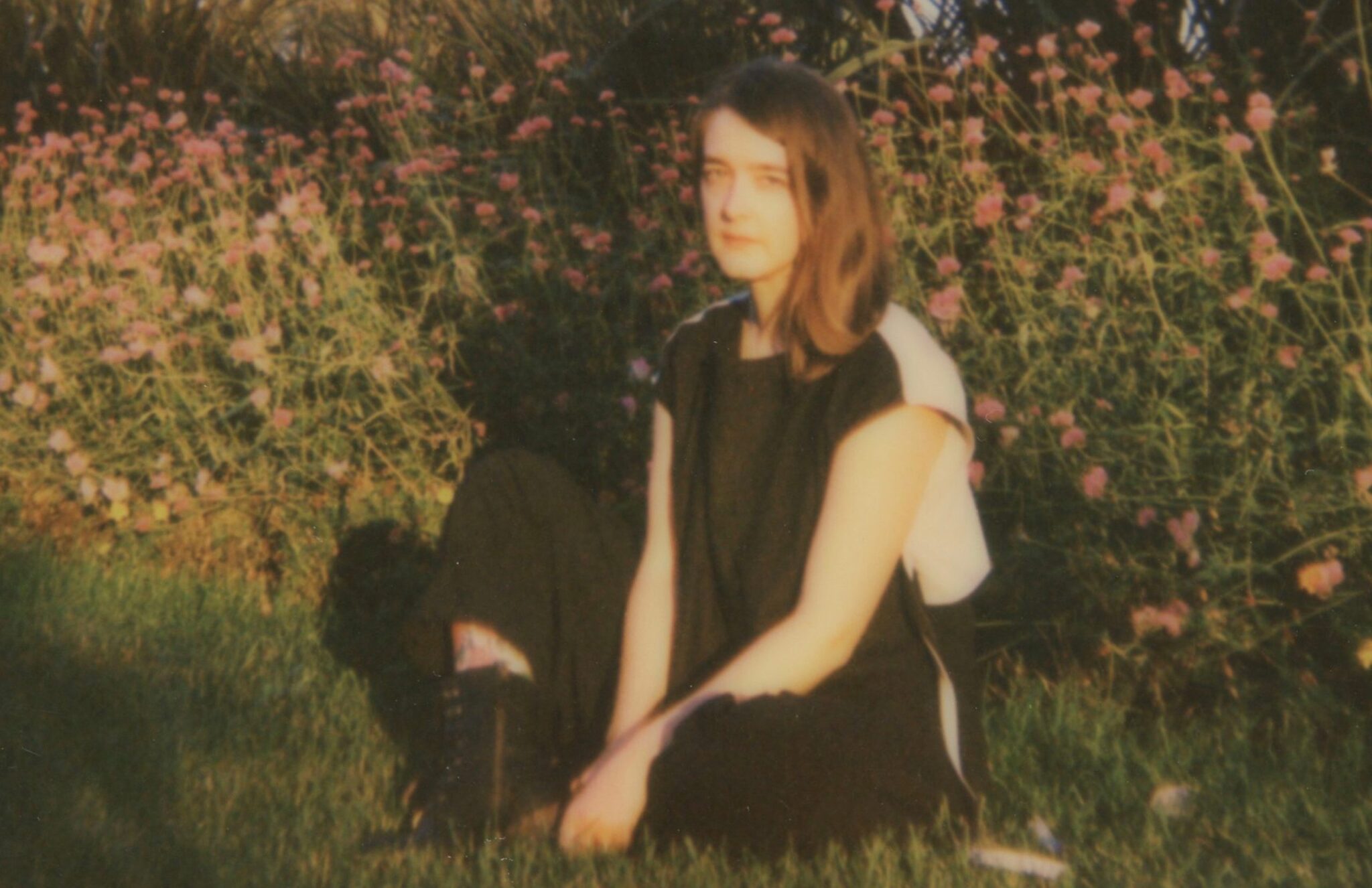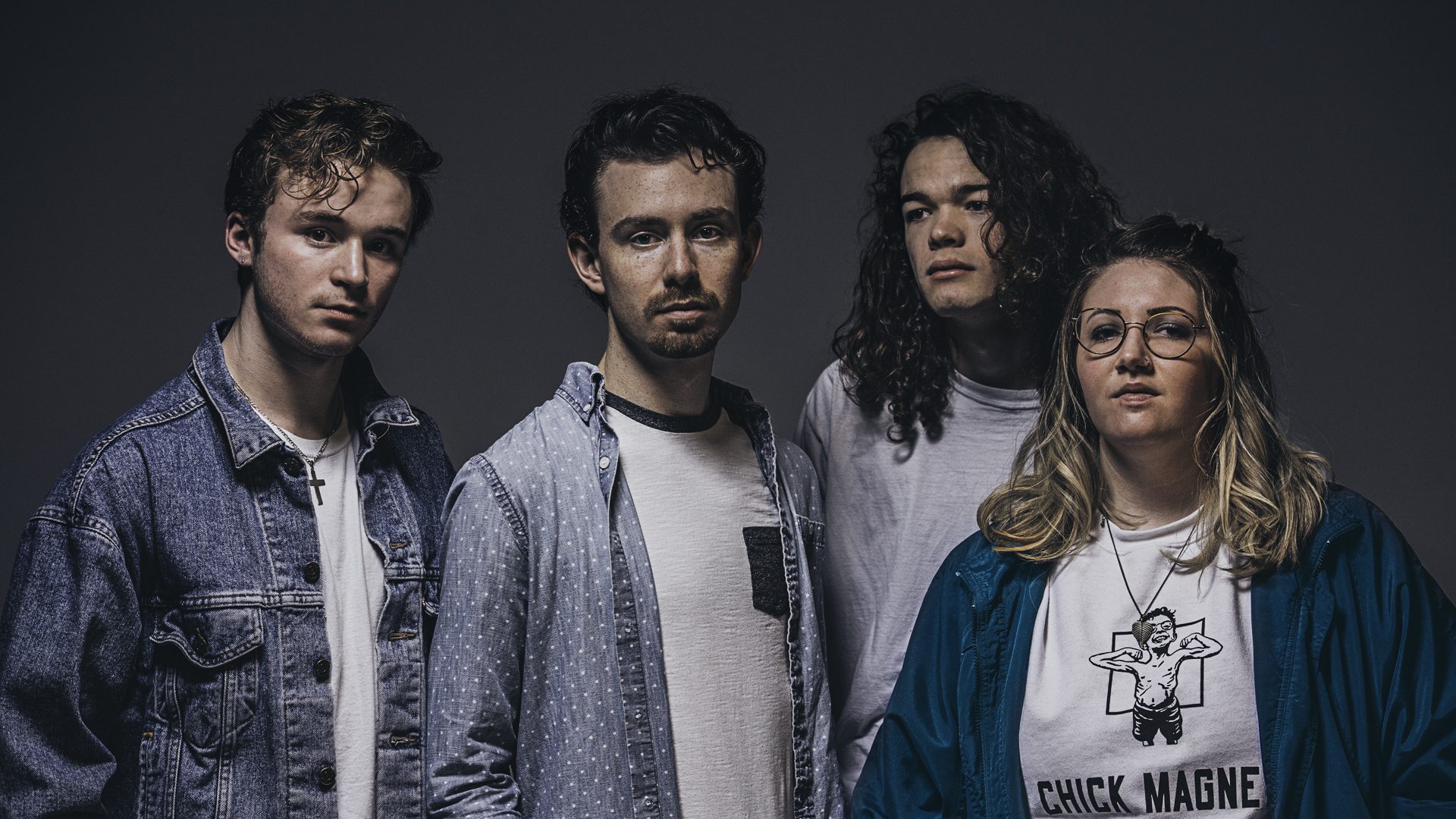Brandy Zdan Releases Her Pain on Falcon LP
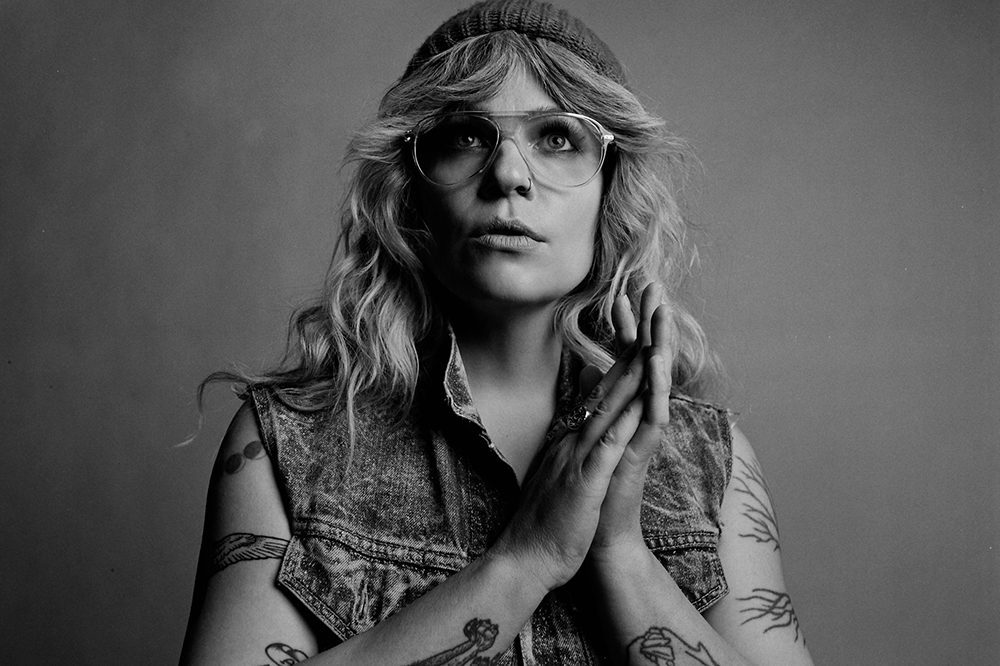

In the middle of our call, Brandy Zdan looks up at the tree in her backyard and notices a bird of prey, swinging from branch to branch. As she looks closer, she’s shocked to see that it’s a falcon, a bird that has served as an important symbol in her life. “I called it to happen,” she professes. “It’s amazing.”
The falcon has served as an important symbol in her life since appearing in a dream she had after experiencing a devastating miscarriage two years ago. It then manifested into a song about that heartbreaking experience, “Falcon’s Wing,” and now bears the title of her new album, Falcon. In the weeks following the miscarriage, the falcon made its physical presence known, flying through the trees at her Nashville home, and serendipitously reappeared the week before she gave birth to her daughter, Lucky, in March 2020.
“I had experienced this vision of a falcon and this little spirit being taken away on the back of a falcon’s wing,” she recalls of the dream. “It’s a very unique animal symbolism representing the spirit for me. It represents so much more than that, but it felt like a great way of honoring that whole experience and everything that came from it, as well as that little spirit that went away and somewhere into the great unknown,” she continues.
Zdan carries this bravery into nine songs that detail her journey with pregnancy loss, new motherhood and postpartum depression, ultimately finding hope and love on the other side. The Canada-born, now Nashville-based artist has crafted an album that is a masterful demonstration in rock ‘n’ roll grit married with deeply vulnerable lyrics, each song penned and produced solely by the singer.
“I was using what I know how to do to get through those times, which is songwriting. There is such great comfort in that and figuring out how to sing a song about the thing you’re going through and write about it and articulate it. I didn’t set out to do it, and it morphed into this thing that existed,” she expresses. “We’re always told as artists to write what we know. If we’re not having any experiences that are interesting and living life, what are you supposed to write about? If you’re going through these things, you have to be open enough and brave enough to write about them.”
Zdan made the conscious decision to illuminate her pain instead of hide it. “You were carried away on a falcon’s wing/High above the hills/I didn’t even catch a glimpse/I was lost in the tears,” she sings with her gritty, yet melodic voice. The song was written just one week after she experienced the miscarriage and was still “really deep” in the grief of it and emotions of it. Months later, “The Worst Thing” arrived in a moment of anger, Zdan responding to the expectation that women are taught to hold their trauma in an effort to demonstrate “self-control.”
“I was getting really mad about the fact that nobody is voicing these things that are happening to women all the time. None of this is stuff we even talk about. Mothers are the most unsupported people, and yet there’s states that are trying to force us to have kids. It’s like, we can’t do this if you’re not going to support us,” she remarks. “That song came from the anger of why the fuck aren’t we writing [about this]? Why aren’t we hearing more about this? I want to put some of these kinds of narratives in rock and roll and break down some walls.”
Walking boldly and fearlessly in her desire to bring vulnerability and female-focused topics into rock music, Zdan honors this fully on “Mama,” a guitar-laced ballad that shows off the angelic tones in her voice. She confesses to living in fear while craving gentleness, singing, “Mama I’ve been living in fear/Mama I’ve been trying to heal.”
“It’s the one that came very easily, but also has a lot of joy and pain in it and also encompasses myself, my daughter, my mother and my grandma all in one song. That was the hardest and the easiest place to go,” she shares. “It’s a place that I needed to heal some things within myself. I knew I had to, but that doesn’t mean that it’s an easy thing.”
Zdan continues to channel this vulnerability into “Dying Inside” where she takes an honest look at the feeling of being burned out from constant touring pre-pandemic, harboring a resentment toward her life’s calling. “I was very afraid that I was hating what I was doing, and that was very scary. It was a moment of ‘you need a little break and you got to focus on something else,’” she describes.
That opportunity for a reset would arise when the arrival of COVID-19 brought live shows to a screeching halt, yet opened a pathway for Zdan to wholly embrace the album-making process, including producing and engineering Falcon entirely by herself. Zdan notes that the process was born out of necessity. Off the road and unable to pay a team of producers, she took it upon herself to fulfill a longtime goal she knew she’d one day accomplish.
“It was more of a trial and hard work to put the record together more so than the songwriting that just happened. Then all of a sudden I had this body of work that was super vulnerable and I thought, ‘I think I can actually try to record this on my own,’” she explains. “I also knew that I could do it and I was ready to do it. I think the experiences of motherhood and the trials of what I had been through in those first six months, and previously leading up with pregnancy and miscarriage, I was like, ‘I’ve gone through all this. I can figure this out. I can do it all; why not try to do it?’”
Zdan paired her determination with melodic intuition, building comforting melodies around heavy subject matter. The process not only affirmed her vast skillset and sharp musical instincts, but proved to the versatile creator that she is capable of all goals she sets her mind to. “I think doing this on my own and having it work out, it’s given me that affirmation that I am all these things that I thought I was for my whole life. There’s no imposter syndrome. [I’m] coming from this really settled place within myself to take the risks and see what will happen,” she observes. “To have grown in the ways that I grew with the writing and where I went with the writing and then all the other things that have to do with being behind the board, that’s a success unto itself, which I’m holding on to.”
By pouring her heart and soul into Falcon, Zdan hopes fans will make their own connections to her stories, and feel inspired share their own stories in turn. But she will always come back to the falcon, the symbol of ambition, aspiration and freedom, all of which is reflected in her powerful music.
“If you didn’t know these songs were about what they were about, I think you could relate your own grief and loss situations to them. It’s not all darkness – there’s light, and it’s a bit of a journey. I also would hope that there’s girls and women that will listen and feel empowered to tell their stories. That’s really the main thing I want; the only way that we’re going to change the stigmas around these issues is by speaking about them more and I’m using my voice to do it. My job is that,” she proclaims. “I think the falcon will come back again and reaffirm this for me.”
Follow Brandy Zdan on Facebook, Twitter and Instagram for ongoing updates.

